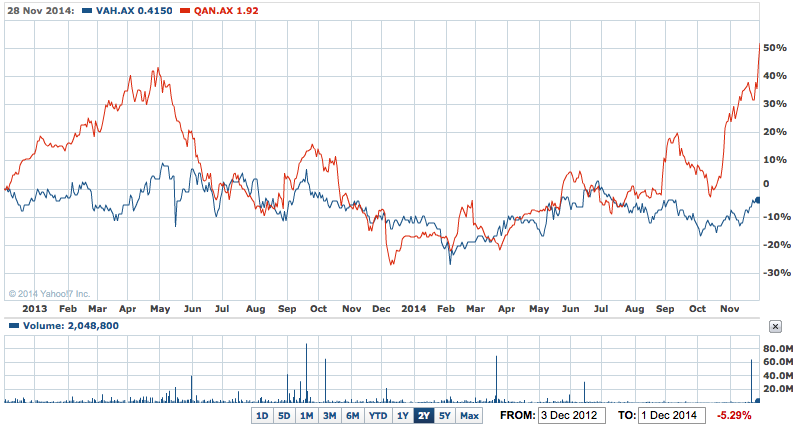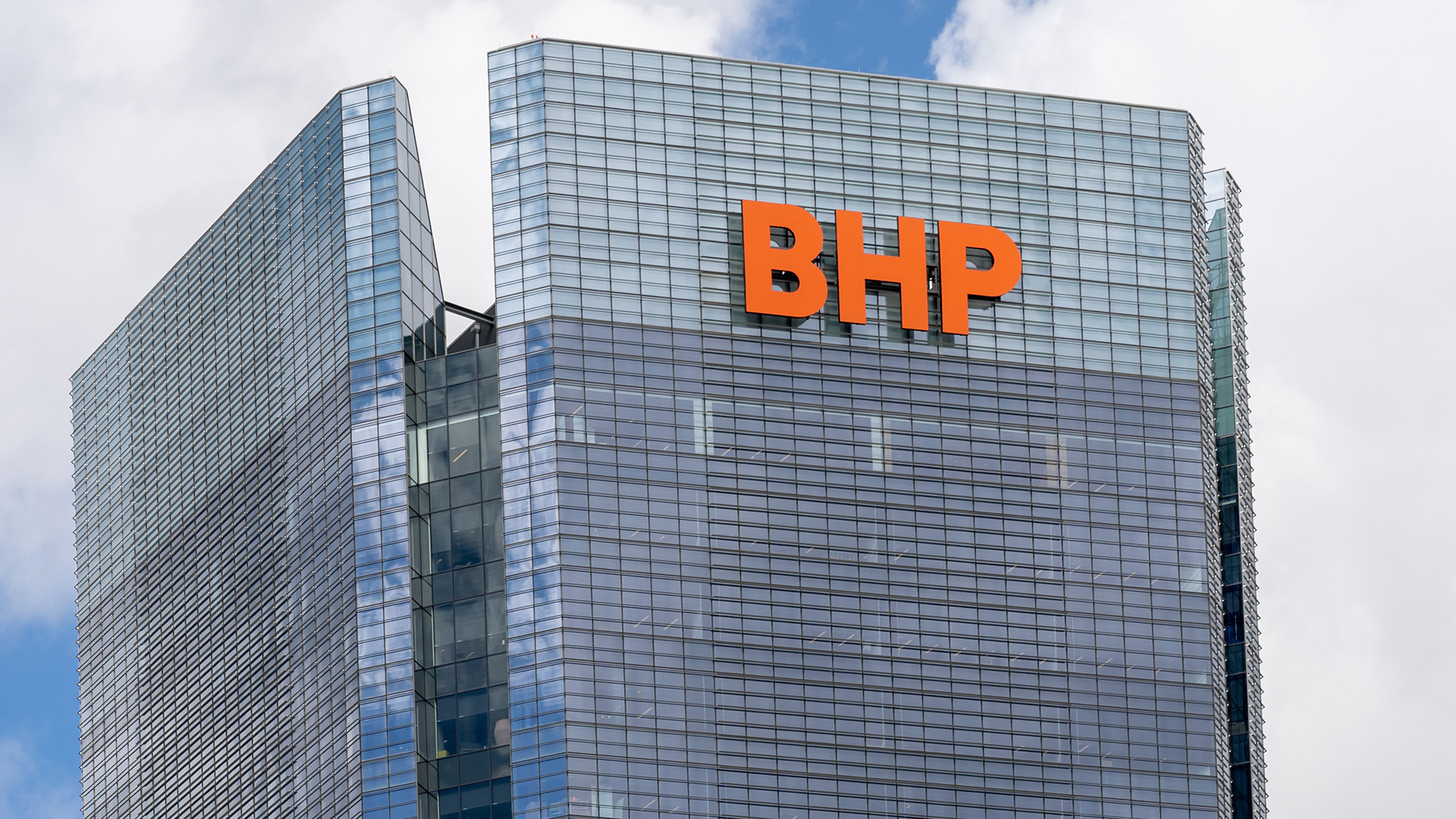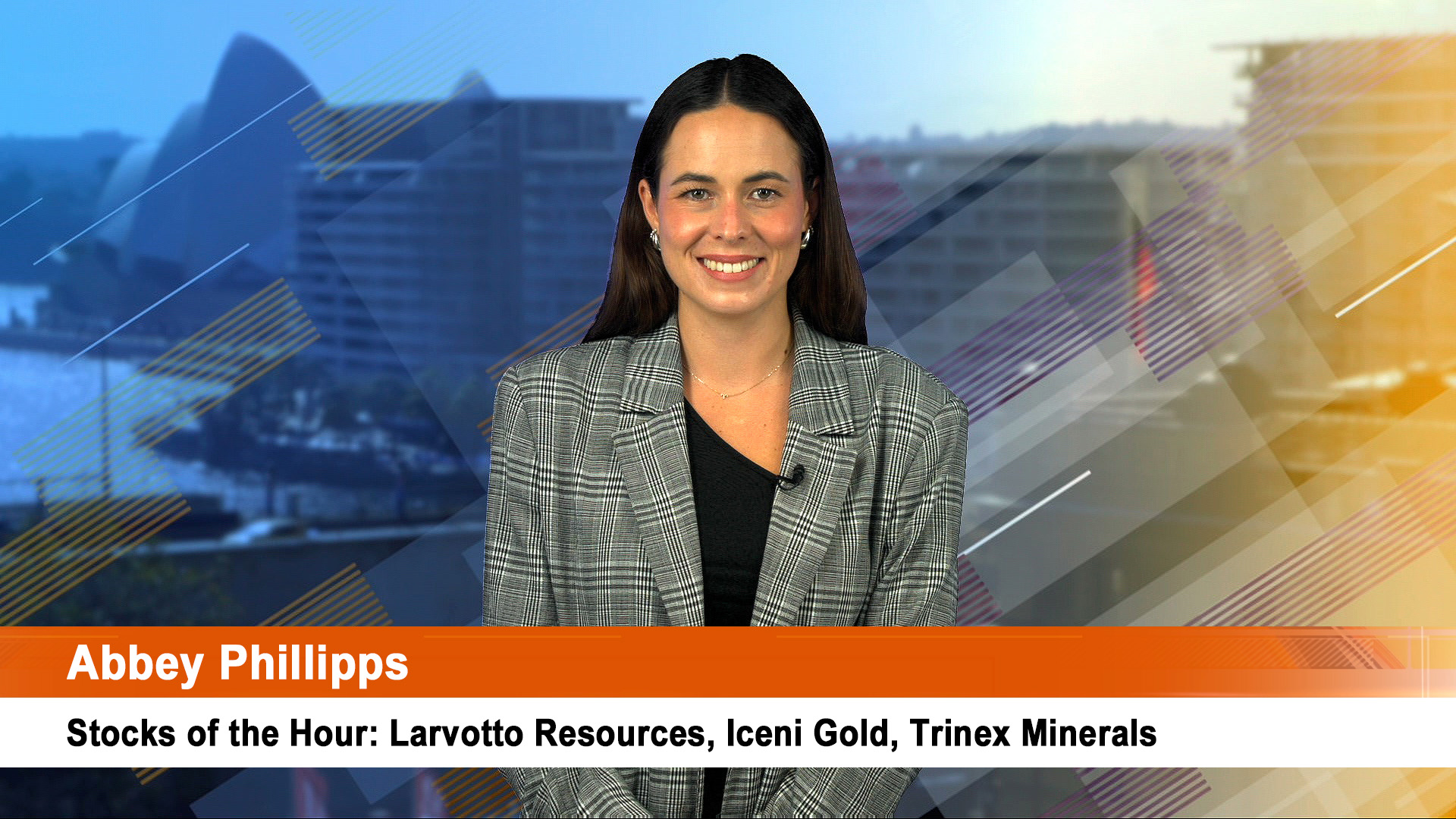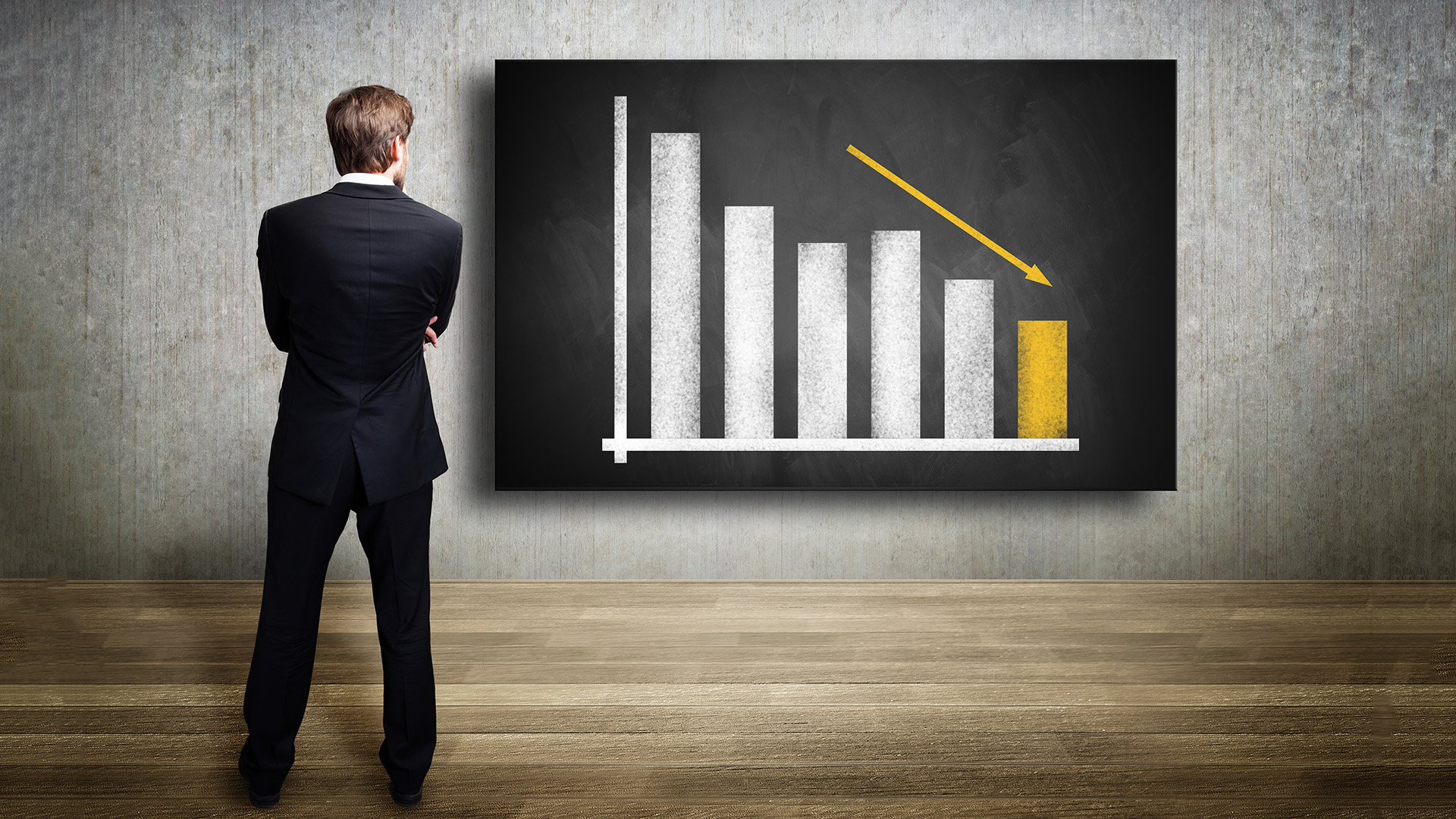As we pointed out in yesterday’s market report, Qantas (QAN) shares rose strongly last week as oil prices fell, culminating with Friday’s 9% surge as OPEC failed to cut production.
Friday’s rise ended up seeing Qantas shares add 8.2% last week, and yesterday the shares stood out amid the rout.
Qantas shares rose a further 4.6% to $2.01, the highest the embattled airline’s shares have been for three years.
The rise in oil prices this morning in offshore trading, will see Qantas shares come under selling pressure this morning.
The shares were up 11% in early trading yesterday before profit takers emerged, stunned at their good luck in holding onto the shares and riding them up from levels closer to $1 earlier this year.
It was also the first time Qantas shares have broken through the $2 mark for the first time in more than three years.
Qantas’ rise has followed similar moves in the US, Europe and Asia in the price of airline shares in the past couple of weeks.
But a couple of substantial shareholders in the Commonwealth Bank’s Colonial State and the NAB’s MLC and other funds have sold down Qantas shares in their millions in recent months.
In fact they have sold together more than 78 million shares (NAB 24 million, the Commonwealth/First State the remainder). The sales were up to last Thursday, November 27, so the CBA and NAB investors missed that big surge.
Qantas shares jumped 9% on Friday and the extra 5% today. Holding on would have provided a nice pre Christmas fillip for the funds holding the shares.
The NAB’s stake in Qantas fell to 5.1% from 6.2% with its sales, while the Commonwealth sold its stake down from 7.75% to 5.62%.
The longer the slide continues in oil prices, the higher Qantas and other airline share prices will rise.
Thanks to the slide in global oil prices since June (which was well underway when the airline reported its $2.8 billion loss in August), the airline can now back up its boast at that time that the worst was over, with some solid improvements in operation costs and earnings.
Analysts at Citi have joined other brokers in upgrading their earnings expectations for Qantas.
The broker has raised its recommendation on Qantas from "neutral" to "buy".
Virgin Australia, which is an illiquid stock, rose 3% to 43c in early trading yesterday before falling back to end the day down 1.2% at 41 cents.
Investors now realise the futility of investing in Virgin other than as a mop up proposition by its major shareholders and see no reason to chase the airline’s shares.
Air New Zealand, Singapore Airlines, Etihad and Richard Branson’s Virgin Group control more than 80% of Virgin’s shares, so it is not an option for investors.
VAH vs QAN 2Y – Qantas shares hit 3 year high

The spot price for jet fuel in Singapore has slumped 28% to $US86.76 a barrel since early August. That is the key price Qantas (and Virgin) prices its fuel costs off.
But the positive impact on Qantas (and Virgin and many other airlines for that matter) won’t be seen straight away because they all hedge some of their fuel costs to a degree.
Some of the hedges account for up to 50% of fuel costs, and these have to expire (some last for months) for the airline to get full benefit. By then the slide in prices could have stopped and start rising.
Last month Mr Joyce said Qantas stood to benefit in the first half of this financial year by only $20 million. But that was before the sharp slide in oil prices in the past week.
Qantas has forecast an underlying profit in the the first half. Virgin also said last month that it expects to report pre tax profit in the December quarter.
The December quarter is the most profitable for both airlines because it takes in the busy Christmas holiday period. Airlines share that with retailers.













